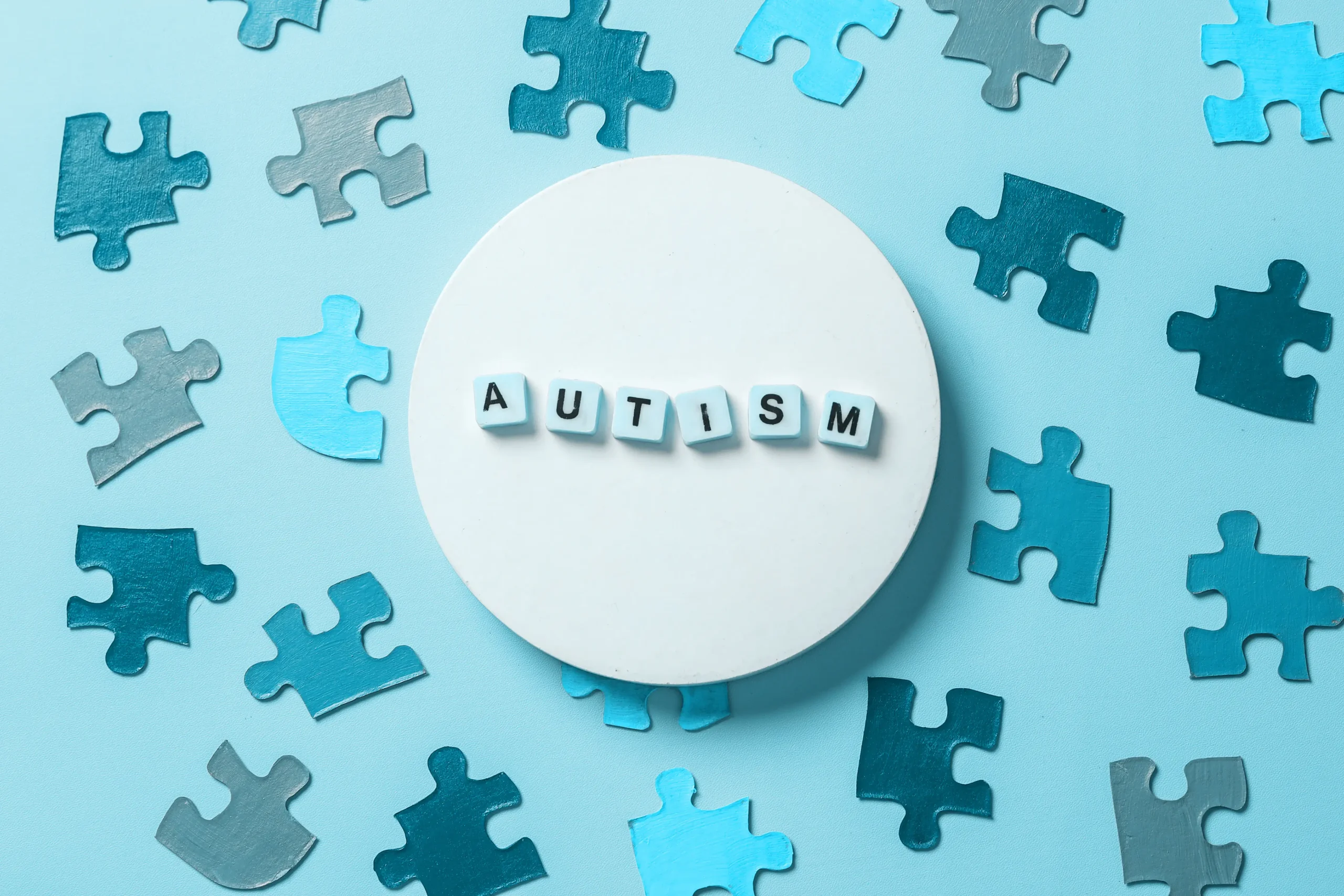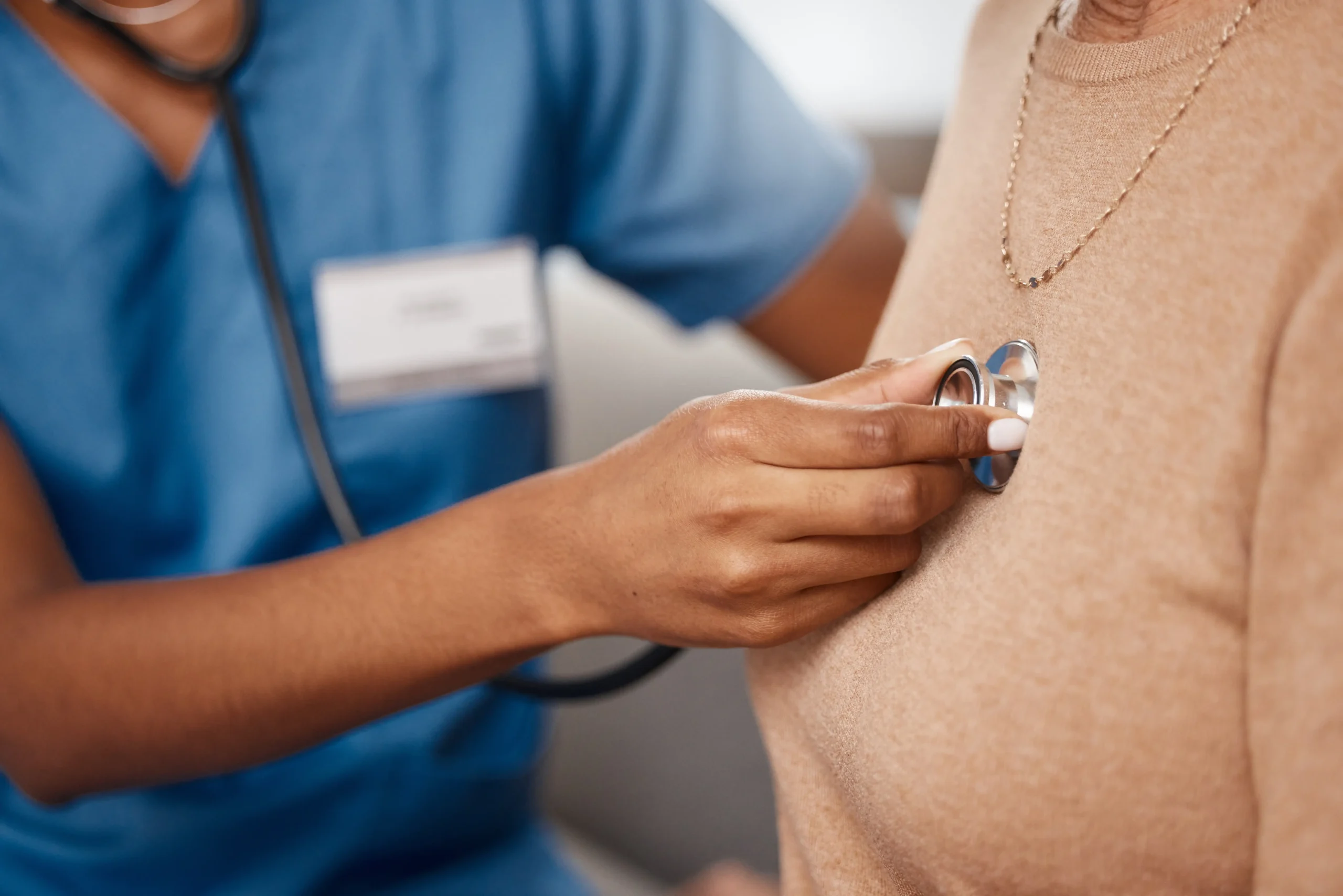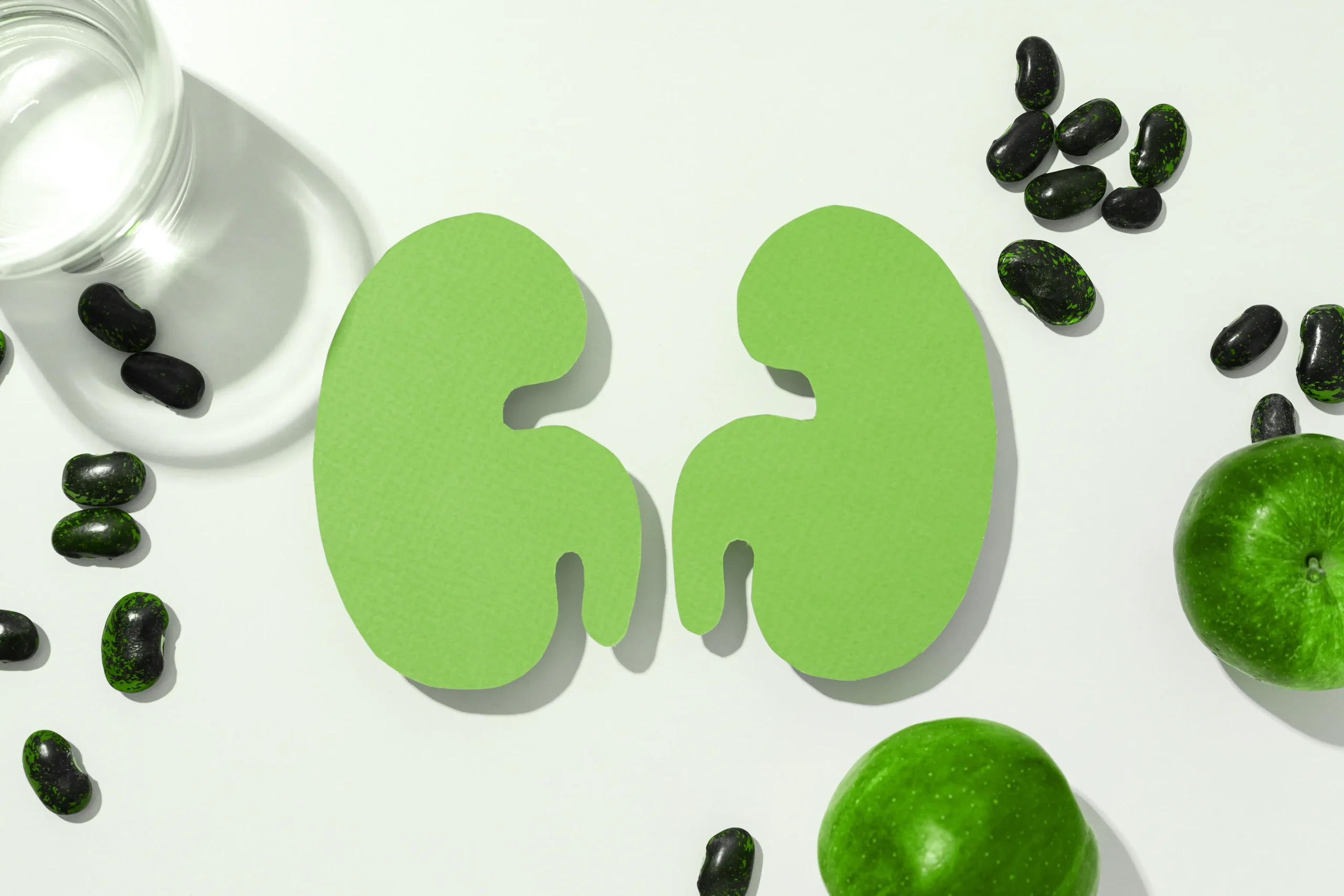How Handwashing has Saved Lives through the Ages
It’s World Hand Hygiene Day on 5 May. Let’s take a look at a selected history of handwashing, and how this practice has saved mankind time and again.
Ancient times to 1 BCE – every major religion of the world, including the three Abrahamic religions (Christianity, Islam, Judaism) extols the virtues and importance of handwashing. This thinking and practice are not limited to western cultures: eastern and tribal cultures also note the importance of clean hands and good hygiene. Ancient Israel, Greece, Rome and India all have writings and teachings about good hygiene, which includes hands.
1025 – The Canon of Medicine is published in Persia by Persian physician Ibn Sina (stylised as Avicenna in Europe). It contains a form of contagion theory, as well as appropriate hygiene methods, and becomes the foremost authoritative medical textbook in all of Europe.
1347-1353 – The Black Death kills between 75 and 200 million people around the world, mostly in Europe. Physician and soothsayer Nostradamus treats sufferers from the plague with hygiene (including handwashing), fresh air and his ‘rose pill,’ made of rose hips which are high in vitamin C. He also suggests that corpses be kept separate from the general population to prevent the spread of disease.
1847 – Hungarian obstetrician Ignaz Semmelweis notices the high incidence of death from puerperal fever when doctors and medical students assist in the delivery of babies at Vienna General Hospital. He observes that these doctors usually examine mothers in childbirth, directly after being in contact with autopsied corpses, and makes the connection that the doctors are carrying diseases from the corpses to the mothers and babies. He insists that doctors wash their hands with chlorinated lime water before examining pregnant women. Even so, he is derided as a heretic and a quack for his theories and beliefs and is committed to a mental asylum in 1865 where he is beaten by the guards and dies of his injuries. His work inspires both Pasteur and Lister, and he is honoured today as the father of handwashing. Semmelweis is also honoured with a statue at the University of Tehran, linking him back to the publication of the Canon of Medicine in Persia in 1025.
1854 – Florence Nightingale attempts to establish hygiene protocols at field hospitals during the Crimean War, when she observes the shocking prevalence and rampant spread of infection among wounded soldiers. The general lack of hygiene is soon replaced with strict handwashing and other protocols. Through her ground-breaking work, she becomes the founder of the modern nursing profession.
1860 -1864 – Louis Pasteur’s work on germ theory strengthens the link between germs and disease, and he makes use of boric acid to kill the microorganisms. His pioneering work with antiseptic treatments forms the basis of the antiseptic soaps and handwashes we use today. We also have him to thank for pasteurisation (named in his honour), which will lead to the UHT process and long-life milk.
1870s – Joseph Lister builds on the germ theory and promotes increased sanitation in medical quarters (for example, doctors scrubbing their hands in preparation for surgery), and the use of carbolic acid as an antiseptic (also used by doctors to sterilise before and after surgery).
1918 – The Spanish Flu ravages the world, killing an estimated 80 million people globally. It is caused by the H1N1 virus, infecting half a billion people in four successive waves. This is the first mass global use of masks and handwashing to prevent the spread of the disease.
1981 – The Centers for Disease Control in Atlanta identify a new disease which has a 100% mortality rate. It is later named AIDS. Although the virus dies quickly outside the body and is thus vulnerable to handwashing, it is transmitted mostly through sexual contact, unlike a coronavirus. Even so, handwashing protocols will protect the outside of the body provided that the skin is intact. It becomes a global pandemic, killing 35 million people.
2019 – A new strain of severe acute respiratory syndrome, SARS CoV-2 (dubbed COVID-19), breaks out and becomes a global pandemic in 2020. It is thought to have originated at a wet food market in Wuhan, China. While the global death toll climbs to almost 3 million, strong handwashing protocols and the rise in use of 70% alcohol-based hand sanitisers are believed to have saved millions more from infection.
The lenmed Group is a world-class chain of Private Hospitals that brings quality healthcare to communities across Southern Africa.
For more information please contact:
Dr Chetna N Govind
MBChB, FcPath(micro)SA
Clinical Microbiologist
Email: [email protected]
Disclaimer: Any information contained here is merely a guideline. Always visit your healthcare practitioner for any health-related advice or diagnosis.














